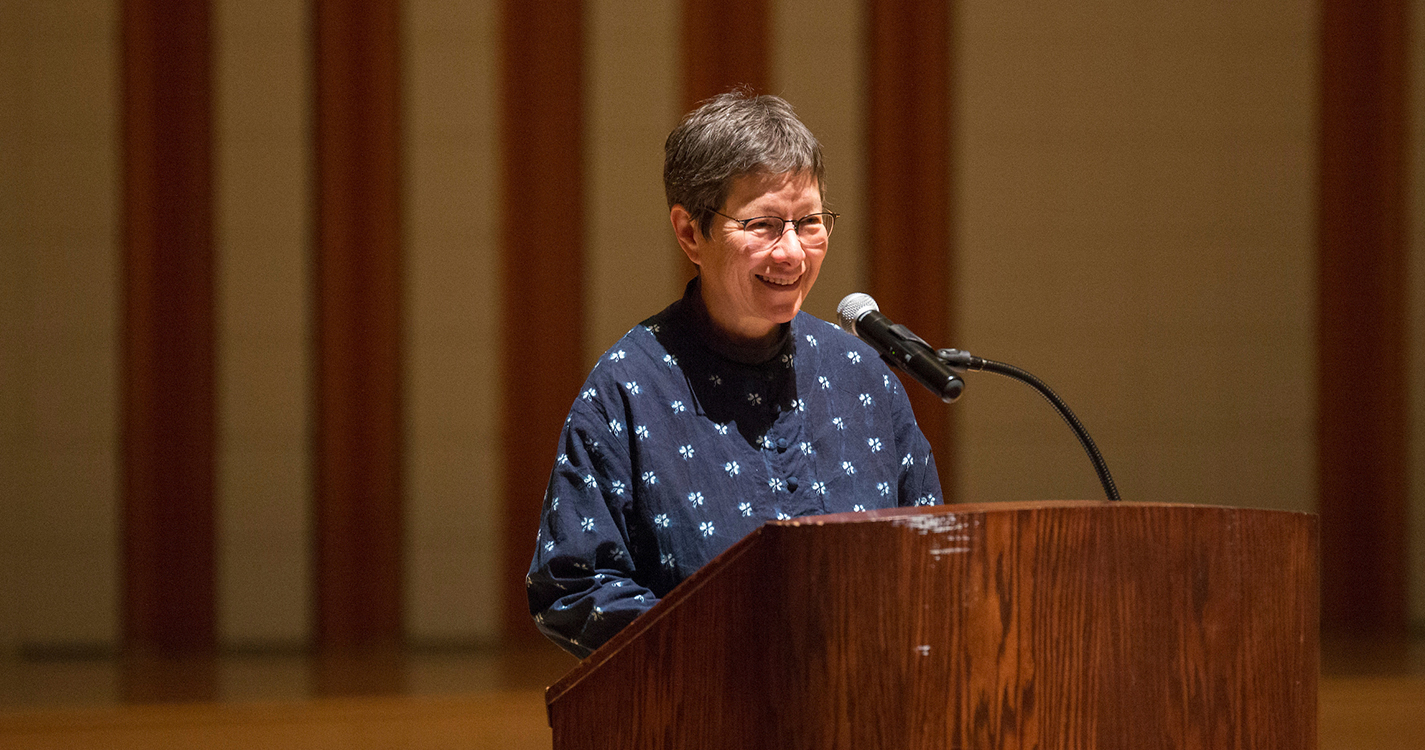A grant from the Asia Program’s Luce Initiative on Southeast Asia (LuceSEA) will fund the new Center for Southeast Asian Coastal Interactions (SEACoast) at UC Santa Cruz. The interdisciplinary research center, which will foster greater collaboration between natural scientists, social scientists, and humanities specialists, seeks to study humanity’s impact on the environment through the practice of “slow science,” which emphasizes deliberation and careful consideration of multiple perspectives and approaches to questions.
Special places deserve special care, which is precisely what a new UC Santa Cruz collaborative will bring to Southeast Asia.
Home to some of the most diverse and vibrant ecological zones in the world, Southeast Asia is threatened by a daunting array of environmental, economic, cultural, and political forces. Forests are being transformed into shrimp farms, coastal cities like Jakarta are sinking into the mud, and islands are disappearing as the region undergoes tremendous change.
Funded by a $1 million grant from the Henry Luce Foundation, the new Center for Southeast Asian Coastal Interactions (SEACoast) at UC Santa Cruz will bring together scholars from the social sciences, humanities, and natural sciences to address the region’s challenges. Led by Anna Tsing and Megan Thomas, professor of anthropology and associate professor of politics, respectively, SEACoast aims to cultivate what they call “slow science,” nurture the next generation of scholars, strengthen work in Southeast Asia at UCSC, and energize the field of Southeast Asian studies.
“Our Center will bring Southeast Asian studies into the pressing environmental questions of this era, marked by the unrelenting force of human impact on the planet,” said Tsing, a former Guggenheim Fellow who is widely recognized for her pioneering, interdisciplinary work. “SEACoast will renew area studies by integrating social and natural scientists and transforming the type of questions that are explored, as well as the way they are investigated.”
Sign up for updates
Explore Themes and Ideas































































